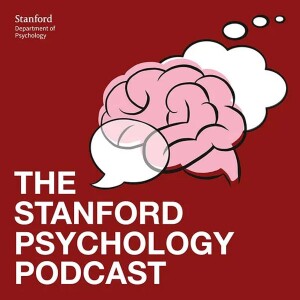
Eric chats with Jillian Jordan, Assistant Professor of Business Administration at Harvard Business School. Jillian’s work has focused on human morality and the role that reputation plays in shaping cooperative behavior. Her fascinating research has integrated methods from psychology, behavioral economics, and evolutionary game theory and has been featured in outlets such as the New York Times, Washington Post, and The Guardian.
In this episode, Jillian discusses her new paper on the Virtuous Victim Effect: victims of wrongdoing are seen as more moral than nonvictims. She explains this finding with what is called the Justice Restoration Hypothesis: seeing victims as morally good people makes the wrongdoing seem unjust, which motivates people to help the victim and punish the perpetrator. Jillian then chats about the philosophy guiding her research, and why appealing to people’s concerns about how others see them can be a powerful way to make the world a better place.
If you found this episode interesting at all, consider leaving us a good rating! It just takes a second but will allow us to reach more people and make them excited about psychology.
Links:
Jillian's paper
Jillian's Twitter @Jill_Jord
Eric's website
Eric's Twitter @EricNeumannPsy
Podcast Twitter @StanfordPsyPod
Let us know what you thought of this episode, or of the podcast! :) stanfordpsychpodcast@gmail.com
More Episodes
 2024-07-11
2024-07-11
 2024-02-15
2024-02-15
Create your
podcast in
minutes
- Full-featured podcast site
- Unlimited storage and bandwidth
- Comprehensive podcast stats
- Distribute to Apple Podcasts, Spotify, and more
- Make money with your podcast
It is Free
- Privacy Policy
- Cookie Policy
- Terms of Use
- Consent Preferences
- Copyright © 2015-2024 Podbean.com






